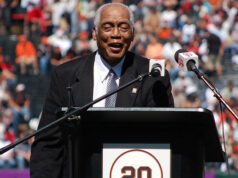In order make headway with this topic, we need to begin slowly by defining terms. This is very important for the team as a whole, the members of the team, coaches and management. Let’s all get on the same page from the very beginning. We come to a positive result in this approach.
So, what is a team?
In the Collegiate edition of Webster’s Dictionary, the initial three definitions of teams are in regards to animals. An example is teams of horses.
In the Universal Unabridged version of Webster’s, people begin to come into the forefront as making up a team. “It is “a number of persons forming one of the sides of a game or contest.”
A definition of a team became more helpful when it was used as an adjective: “to put together in a coordinated ensemble…marked by devotion to teamwork rather than individual achievement.
And what is teamwork?
It is defined as “cooperative or coordinated effort on the part of a group of persons acting together as a team in the interests of a common cause.”
The Collegiate definition of teamwork is more explicit: “It is work done by several associates with each doing a part but all subordinating personal prominence to the efficiency of the whole.”
Not all sports teams have the same quality of unity or teamness. For example, in a basketball team, all the players are dependent upon each other for the success of the team. In other words, regardless of how many points one player may score, if the team as a whole, scores less points than the other team, that player will not carry the day. Baseball, hockey, soccer and football are examples of similar types of interdependence.
Individual team sports, on the other hand, are somewhat different in that it refers to the cumulative performance of individual athletes. Examples of these sports are swimming teams, track and field, gymnastics, golf and skiing. In these sports, individual performance is primary and team performance is secondary.
Part II will focus on Team Development.














